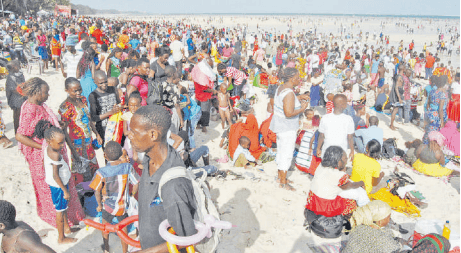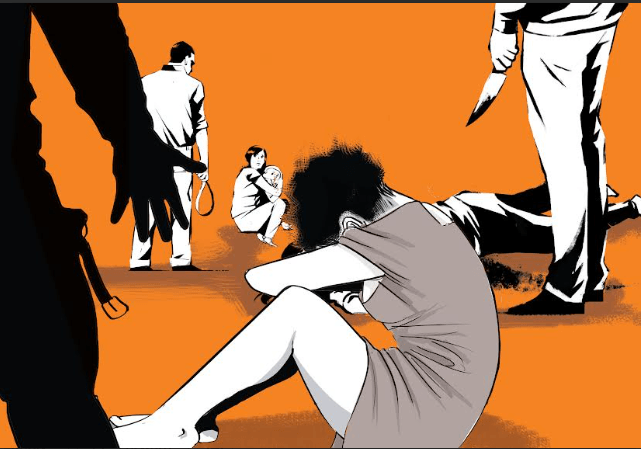Reducing funding has greatly hampered Kenya's fight against Tuberculosis epidemic, a lobby group has said.
The AIDS Healthcare Foundation (AHF) on Friday said the shortfall in funding is worsening amid reversed gains due to Covid-19 pandemic, thus worsening the situation as low uptake of TB screening, and testing continues to be a challenge.
The AHF Kenya Country Director Samuel Kinyanjui said TB has significant socio-economic impacts on society, affecting individuals' health and limiting their ability to work and participate in social and economic activities.
Kinyanjui said limited funding means fewer resources are available to educate the public about the disease, leading to a lack of understanding and delays in seeking care thus increasing the risk of transmission.
The lack of awareness in turn leads to low uptake of TB screening and testing services.
The 2022 World Health Organisation TB report revealed that global spending on essential TB services decreased from Sh788 billion in 2019 to Sh700 billion in 2021.
Kenya is among 30 countries with the highest burden of TB globally with an annual TB load of 133,000 cases in 2021.
Tragically, only 54 per cent of these caseloads were treated and about 50,000 TB cases were not diagnosed.
Among these numbers, 25,000 to 35,000 are open TB cases, meaning the individuals have TB and are infectious and they do not even know it.
"These undiagnosed cases lead to increased transmission of TB infection in communities, resulting in more people developing a disease that could have been prevented," Kinyanjui said.
According to Kinyanjui, TB treatment can also be expensive placing a financial burden on affected individuals and their families especially those living in poverty.
Statistics show that the disease claimed 1.6 million lives in 2021 alone globally and over 10 million people acquired TB, yet it remains woefully neglected and underfunded in many countries.
Even though tuberculosis is a global epidemic, over 95 per cent of TB deaths occur in lower-income countries.
WHO currently estimates that finances were less than 40 per cent of what was needed to prevent and treat TB in 2022.
Kinyanjui said lack of investment in healthcare systems is leaving communities vulnerable to TB disease.
“Overburdened healthcare workers are missing obvious TB cases, and failing to provide a proper diagnosis, leading to delayed treatment and increased disease transmission and even death,” he said.
“Investments into healthcare systems must be made, including increasing the capacity of healthcare workers to detect and diagnose TB cases,” he added.
The medic further called for scaling up of advocacy and community engagement to increase public awareness of TB prevention and treatment, including the importance of testing and early diagnosis.
“TB is a highly contagious disease that can be transmitted through the air. However, many people in Kenya are not aware of the risks associated with TB, including the dangers of late diagnosis and treatment,” Kinyanjui said.
He further noted that funding for TB preventive therapy and active case finding should also be increased.
Kinyanjui added that treating individuals with latent TB infection and screening those at high risk of TB can help identify TB cases early and prevent the spread of the disease.
















